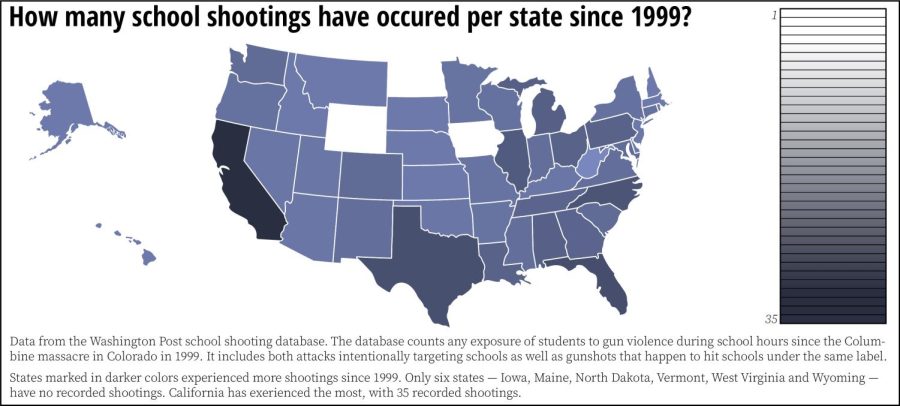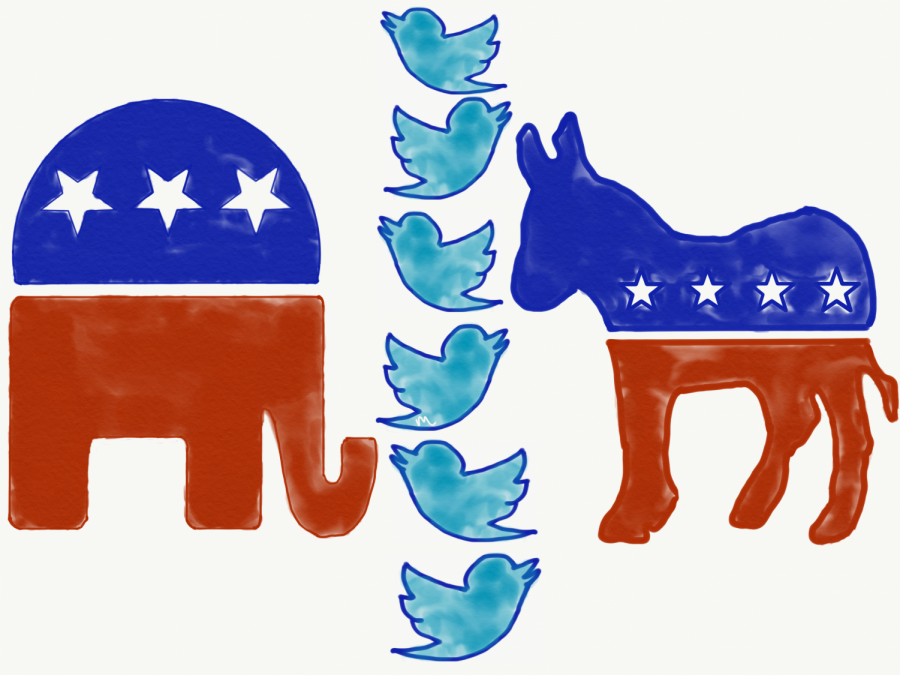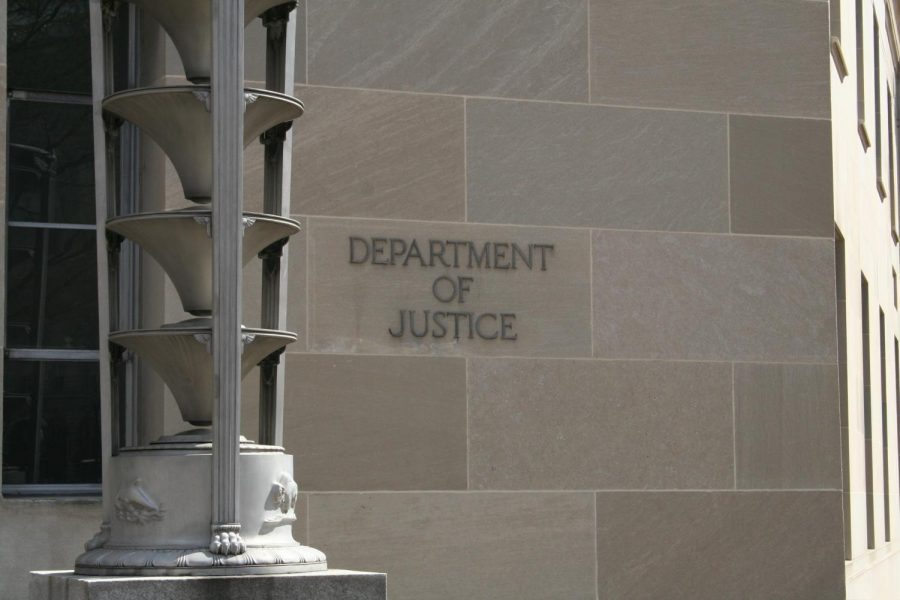By Sean Connolly, editorial columnist
Many Americans are understandably concerned about drugs in the US. But sadly, the rhetorical goal of fighting against drug addiction has been used to put a good face on terrible policies. Mexico is often unfairly portrayed as the perpetrator of drug smuggling. If anything, the US has been largely responsible to the rise of the cartels and the violence they bring, and it is Mexican citizens who are truly suffering as a result.
Under President Bill Clinton, America tore out Mexico’s economic infrastructure with the passage of the North American Free Trade Agreement (NAFTA). In 2013, nearly half of Mexico’s population lived in poverty, and NAFTA played a pivotal role in this. NAFTA has allowed US subsidized farming to flood the Mexican market. Mexico, under NAFTA regulations, cannot protect its farmers with tariffs or quotas on agricultural imports, even as US farmers have a massive advantage from government subsidies. The result was upward of 2 million farmers losing their livelihoods as of 2006. It should be noted that this is a trend throughout the developing world: The US forces other countries to abandon things like subsidies in the name of “free trade,” then unapologetically subsidizes its own industry.
For many farmers who suddenly found that normal crops could not compete, they turned to the only option that seemed to be open to them – growing marijuana and poppies. At the same time, massive unemployment gave cartels options for recruitment, NAFTA regulations on border traffic made it easier to smuggle drugs and US demand for the illegal substances made the business extremely profitable.
As the cartels grew, America encouraged Mexico to wage war on illegal drug organizations, providing the Mexican government not with economic assistance but with billions in military supplies. The cartels fought back. They, too, have US weapons: Between 2009 and 2014, more than 70 percent of firearms confiscated by Mexican authorities originated in the US. A 2013 University of San Diego study found that nearly half of US gun shops rely on Mexican demand. As the US cries out over drug smuggling, we do nothing to curb the arms industry from selling a much more potent form of death into the hands of killers. The death rates are terrible: At least 164,000 Mexicans have been killed between 2007 and 2014, which is more than the number killed in both Iraq and Afghanistan in the same time period.
The deaths do not seem to be leading to a permanent removal of the cartels. As violence ramps up, the cartels simply shift operation to other nations. Central American nations are becoming the new front line, and cartel violence in these nations is rising. Former presidents of Mexico, Colombia and Brazil have recently made a call to end the criminalization and incarceration of drug users. There is an argument to be made that smuggling is profitable primarily because the drugs are illegal to start with. Statistics seem to support this. After several states in the US legalized marijuana, seizures of the drug at the border have gone down almost 40 percent.
While legalization may be part of the solution, there are other areas the US must address. We must stop our industry from ripping out the economic heart of Mexico and instead help, through fair trade and economic assistance, to bring economic stability to Mexico. We must stop the immoral outrage in which the US arms industry sells weapons with impunity to cartels. And we must, above all, reframe the issue of drugs itself. As we fight for those suffering from addiction in the US, so too must we fight for the civilians who live under the thumb of the drug cartels. And in all of this, we must acknowledge the role the US has played in the rise of the cartels. Nothing good has ever come from ignoring the past.















